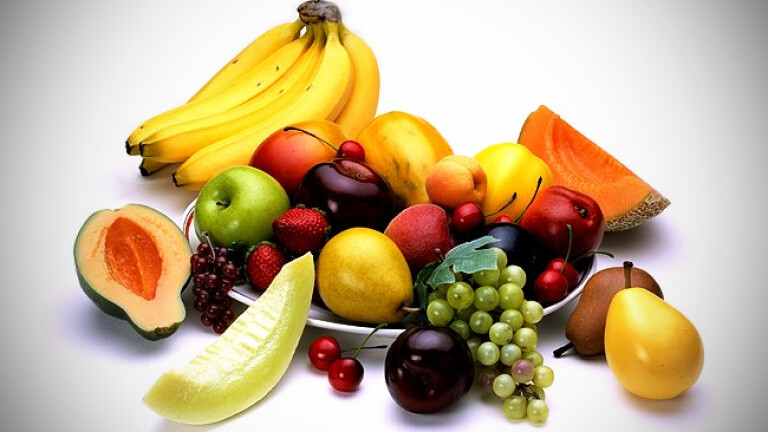
Brazilian scientists may not want your next car to be a lemon just more like a pineapple or a banana. That's because new research has developed a more effective way to use fibers from these fruits and other plants to create a whole new generation of automotive plastics that are stronger, lighter and more eco-friendly to the environment.
These fibers, called nanocellulose, are extracted from fruits like bananas and pineapples and are in actual fact super-strong and almost as stiff as Kevlar. Unlike Kevlar and other traditional plastics, which are made from petroleum or natural gas, nanocellulose fibers are completely renewable.
"The properties of these plastics are incredible," Alcides Leao of Sao Paulo State University in Sao Paulo, Brazil, said in a statement. "They are light, but very strong — 30 percent lighter and three to four times stronger. We believe that a lot of car parts, including dashboards, bumpers, side panels, will be made of nano-sized fruit fibers in the future."
Other direct benefits include fuel economy, as the fruit fiber material would reduce the overall weight of the vehicle. The nanocellulose reinforced plastics have mechanical advantages too such as greater resistance to damage from heat, spilled gasoline, water and oxygen.
Cellulose is the main material that makes up the wood in trees and other parts of plants. Its ordinary-size fibers have been used for centuries to make paper, extracted from wood that is ground up and processed.
However only recently have scientists discovered that intensive processing of wood releases ultra-small, "nano" cellulose fibers, so tiny that 50,000 could fit inside across the width of a single strand of human hair.
Like fibers made from glass, carbon and other materials, nanocellulose fibers can be added to raw material used to make plastics, producing reinforced plastics that are stronger and more durable.
"So far, we’re focusing on replacing automotive plastics," said Leao. "But in the future, we may be able to replace steel and aluminum automotive parts using these plant-based nanocellulose materials."
Automotive manufacturers are already testing nanocellulose-reinforced plastics, Leao predicts they would be in use within two years.

COMMENTS